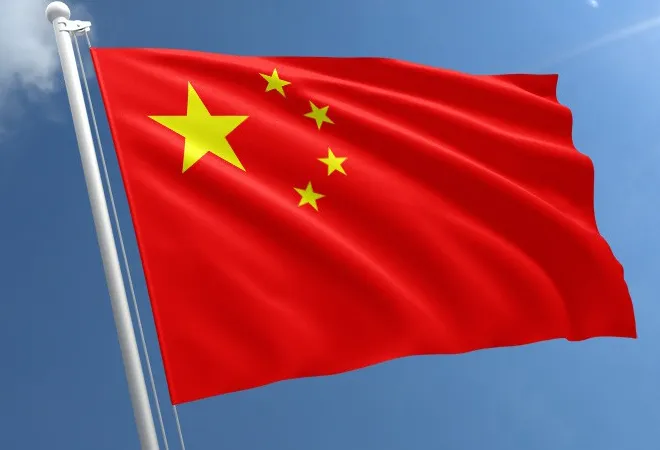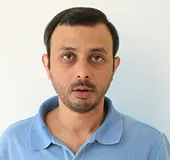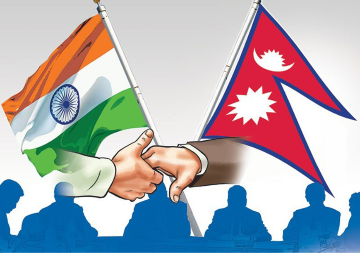China’s recent hypersonic missile test has evoked undue surprise. Western powers, especially the United States (US), are in the grip of a Sputnik moment — a reference to the psychologically arresting event when the Soviets launched the first artificial intelligence satellite in 1957. Sputnik should never have been treated as a tectonic event. Washington was not far from launching its man-made satellite, which it did with the Explorer 1 in 1958; it, thereafter, successfully launched the first of the Corona series spy spacecraft in 1959. Indeed, Joe Biden would be wise to maintain perspective as Dwight Eisenhower did following the Soviet Sputnik launch. America might not be far from achieving its breakthrough in the hypersonic field. The Chinese motivation behind the test should have hardly come as a shock to Washington, given that Beijing’s investment in research and development (R&D) on hypersonic systems were known and reinforced by America’s pursuit of missile defence and Global Conventional Strike (GCS) capabilities. Paired with missile defence and a larger US nuclear arsenal relative to China, Washington’s strategic capabilities are still formidable despite China’s latest test. And it is just a matter time before Washington bridges the hypersonic gap.
Given the purported Chinese technological advance, what can we make of a global no-first use (NFU) that some strategic experts in India have proposed? At first glance, this may appear to be a reasonable and forwardlooking proposal as it bequeaths restraint, or at least performs a regulative function, in an area of weapons development that is likely to accelerate armament competition between major powers. Since India and China espouse a NFU nuclear policy, the argument is that they are well-positioned to advance a key nonproliferation measure. Consequently, a proposed global NFU should be welcomed, especially given the Biden administration’s nonproliferation goals.
However, there is a key roadblock to a global NFU — and it has nothing to do with whether the US can unilaterally adopt a global NFU, but rather the negative implications its adoption by the US would have for Washington’s extended deterrence commitments. Indeed, the current US First Use (FU) policy is not just geared to deterring enemies, but is equally about reassuring allies who are beneficiaries of the US’s protective nuclear umbrella.
Apprehensions or fears among allies about the US’s dilution or seeming lack of commitment to their nuclear defence will sow fear of abandonment, undermining their credibility. Thus, a global NFU, regardless of India’s push, will remain a non-starter even if it advances a key arms control or non-proliferation goal.
More pertinently, China’s hypersonic capability cannot go unanswered — not just by the US but equally by India. New Delhi must develop and test hypersonic capability, bolstering its strategic deterrent against China instead of fretting about an arms race. Arms control measures covering hypersonic weapons should be supported and adopted by New Delhi only after a visible and confirmed Indian hypersonic capability. Exercising unilateral restraint, or, even worse, relinquishing an Indian hypersonic capability under an arms control pact in the face of China’s menacing technological breakthrough would be unduly magnanimous to Beijing, recklessly restrained and akin to putting the cart before the horse. New Delhi can propose a dialogue on hypersonic weapons at the Conference on Disarmament and other multilateral fora without forsaking its quest for hypersonic weapons.
Arms races are a reflection of underlying political dynamic and as power competition among major powers accelerates, arms races are likely to be the norm and not the exception. New Delhi should be prepared for such eventualities.
This commentary originally appeared in Hindustan Times.
The views expressed above belong to the author(s). ORF research and analyses now available on Telegram! Click here to access our curated content — blogs, longforms and interviews.




 PREV
PREV



